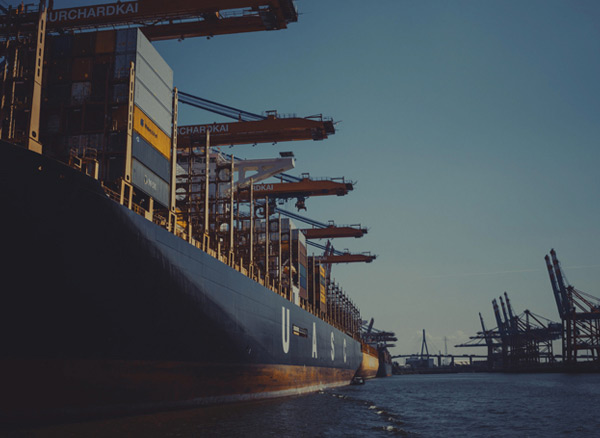The Digital Transformation of Supply Chain Management: Leveraging Technology for Agility and Resilience
Digital transformation involves the integration of technology and digital solutions to optimize processes, improve visibility, and enhance collaboration across the supply chain. By leveraging data-driven insights, automation, and connectivity, businesses can streamline operations, reduce costs, and better respond to evolving customer demands and market conditions.
The Rise of Green Shipping: Sustainable Solutions for Maritime Transportation
Green shipping refers to the adoption of sustainable practices and technologies to reduce the environmental impact of maritime transportation. From alternative fuels and energy-efficient vessel designs to emission reduction strategies and waste management solutions, green shipping initiatives aim to minimize carbon emissions, protect marine ecosystems, and promote environmental stewardship.
Emerging Technologies in Logistics
Artificial intelligence (AI) and machine learning algorithms enable predictive analytics and demand forecasting, empowering businesses to anticipate customer needs, optimize inventory levels, and improve supply chain efficiency. AI-powered algorithms also enhance route optimization, fleet management, and predictive maintenance in transportation and logistics operations.
Cross-Border E-commerce Strategies
Cross-border e-commerce refers to online retail transactions conducted between buyers and sellers in different countries. With the rise of digital platforms and global marketplaces, businesses can now reach customers around the world and capitalize on international demand for their products and services.
Trade Finance and International Payments
Trade finance plays a critical role in facilitating international trade by providing funding and financial instruments to support import-export transactions. Understanding trade finance options and international payment methods is essential for businesses engaged in global trade.






